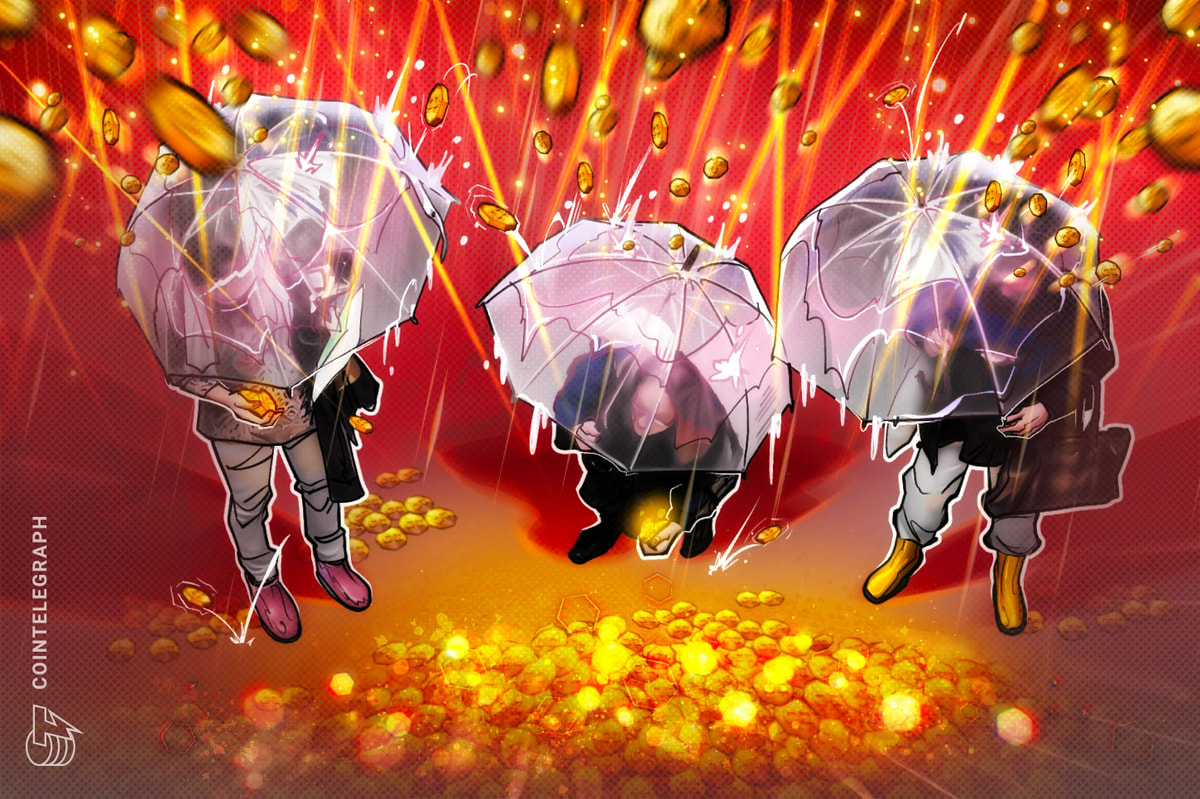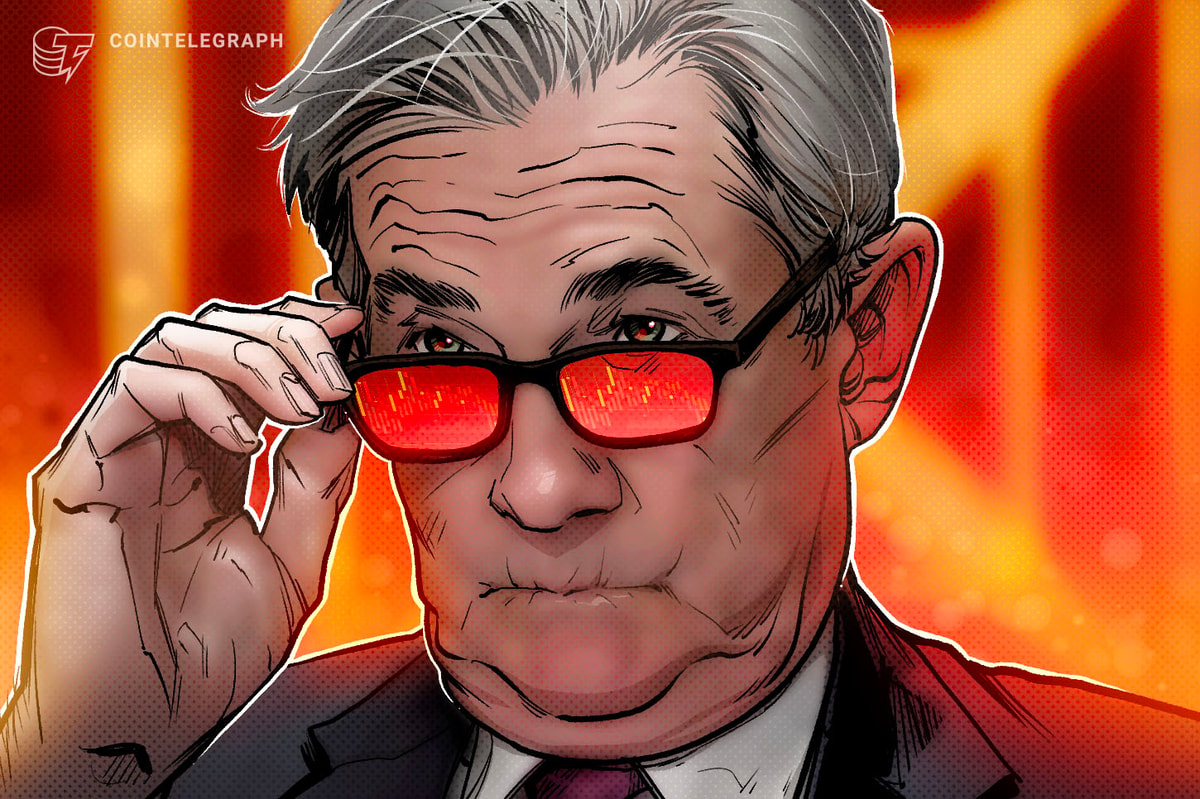
Act 1, clean up our act.
Let’s face it: When people tell us bitcoin is a scam we come to its defense. Critics often point to the explosion of alternative (alt) coins as proof that anybody can make one and there is no barrier to entry. True, no problem so far. But then the on-line exchanges will be happy to advertise and market the coin. Some might argue that this is an example of “pump and dump” schemes as it benefits them as well. I think it’s not unreasonable to see their point. On the other side, those that run these exchanges might argue that they are just giving the people what they want. It is true; I know of nobody that is being forced to buy anything they don’t want. But what is important here is perception is the truth. We can truthfully admit that bitcoin and digital currencies have an image problem.
There are a few people making a lot of money and a lot of people being suckered by their own greed trying to be the next bitcoin millionaire. But just because you can, doesn’t mean you should. Perhaps it is time to ask an important question: What is it about the world of digital currencies that separates the “bitcoiner” crowd from those big banks everybody likes to compare themselves to? The big banks seem to be only looking out for their own interests without regard for the regular person. Could you say the same thing about the exchange operators? They are the ones that largely control the flow of money taking in a bit for every coin that passes through their system.
Perhaps several of the governments have looked at this behavior and not having any regulations or laws in place to stop it, simply warn their citizens to not participate. This is the kind of action their populations elect them to perform. Rather than rush to judgment as even reasonable people tend to do, it might be well to consider that they might actually be attempting to perform a service to protect or at least inform their countrymen that there are some people trying to scam their money. It is out of their hands so people take on the risk themselves. If you were to tell a family member to just start buying digital currency – how long of list would you make of what they have to avoid because of all the scams? Perhaps having regulators being involved to protect the newbies might actually seems prudent, if you take a look back and study the quickly emerging trends.
Although many feel that the heart of digital currencies remains true, we probably can admit there are unscrupulous shams and hucksters entering the realm. This is to be expected as the world of digital currency won’t be any more immune than regular currencies – they’re ready to fleece the newcomers. The difference this time is that the currency itself gets blamed. The media, government, lawyers, and uneducated population blame the entire group, as they don’t understand the nuances of the complex environment. It’s much easier to stereotype the entire community. As such, I submit the idea that it’s in the best interest of the entire digital currency community to show responsible behavior and clean up our own backyard. If we don’t, there will be little sympathy from the other 99 of the world who have no understanding of the world of digital currencies. They might care very little about this nascent technology if it were shunted and banned. Although the technology would be difficult to stop outright, the ”image problem” would persist. It’s not hard to imagine it having to stay in the realm of shadow alleyways and back rooms when it can be so much more than that.
There are very interesting and exciting possibilities with alternative coins. There are a handful of great ideas and grand experiments in coins in the market. Unfortunately, for every innovative coin there are ten or twenty copycat, or over-hyped coin-of-the-week versions that drown them out. The truly unique and promising coins could just get lumped together with the also-ran coins and branded as nothing more than a cheap knock-off. Would it be a disservice for those to be stereotyped with those that are pre-mined or do nothing notable to forward the cause? We likely would all understand that the terms “notable” and “legitimate” are subjective. However, suppose a group of experts could be assembled for the explicit task of reviewing alternative options and coming to an agreement together. They could weed out the “scamcoins” and in effect do the community itself a service.
Enter the idea of an association of digital currency exchanges. By organizing together to support this cause and demonstrate that they recognize the need to clean up the image of digital currencies, the responsible exchanges would agree to limit the currencies they allow to hold position on their sites. Those exchanges that show common sense and care for the technology rather than just making a quick buck, would be seen as responsible stewards for the emergence. The entries being the most responsible would soon be recognized as most trusted and would hold a valuable position as the “go to” exchanges people use. They will earn the respect of governments that hold suspicion. Trust and money would flow their way.
It confuses people when they see new coins enter the world every day. And people often ask why? And I think I speak for a lot of us when we actually wonder the same things ourselves. What is the benefit? It might benefit the makers of those coins get rich-quickly. It’s already been shown that they only need modify a few bits here and there, often without even knowing programing, and call in a few favors to get some momentum and buzz behind it. They design an icon, get on the forums to spur a bunch of miners (if they even bother with that part) and *poof*– new alt coin. It’s the dirty little secret that many abandon the coin after they’ve made their money and offer no ongoing development or support. Some even direct questions to the creators of the coin they just copied, if you can still reach them at all.
Act 2. What we can learn from history:
Before 1922, movies were coming out from anybody with a camera. They were being sold and distributed from town to town and being the novelty, people lined up to see them. But most were considered garbage. Some began to break social norms and “taboos” that were generally accepted at the time. Although we can argue it was “free speech” and anybody should have had the right to film whatever they like, it caused harm to the reputation of the entire industry. The films were beginning to include nudity and bad language and excessive violence that were intolerable to the people of that era compared to the population today. The government began to take a strong look and was being pressured to do something about it for the general well-being of the public. There of course were “legitimate” film makers that sought to put quality films out before the public that actually contained a script, story, or some other note-worthy benefit that progressed the new art form. Before they were forced to act by the government and have to accept regulation that would harm their own ability to be creative, they formed an organization to police themselves before the government would force their own standards.
The film producers formed themselves into an “alliance” and created a code of self-censorship. They called this the “Production Code” aka “Hays Code”. They held enough political power within the world of movie making that they soon were recognized as “the authority” that became respected by government, which eventually held sway with all of the major movie studios that recognized the need. The various heads of the movie studios found a trusted person whom they could all agree on who would act on behalf of all of them. They organized a group of anonymous but trusted volunteers to review the films that were increasingly being submitted voluntarily by the various legitimate film makers and the group went through a vetted list of qualifications they used as a filtering process and gave their own “seal of approval” for the films that passed their scrutiny. It wasn’t long before the public and government leaders recognized the work that they were doing and became trusted authority for the industry. This organization changed its name in 1945 to the Motion Picture Association of America, now recognized by their acronym “MPAA”.
In 1968 they instituted the now familiar rating service that grants the audience a general guide for family acceptance for G, PG, PG13, R, and NC-17 film ratings as a guide. Today they’ve added the responsibility for copyright protection and promotion of intellectual rights to protect the filmmakers to receive proceeds to continue to keep the medium profitable enough to continue making more movies. This of course has proven controversial and Digital Rights Management is mostly a fiasco. We all might have various opinions of their effectiveness in modern times, but it is clear that while the technology was nanciant, their actions to clean up their own backyard allowed the industry to grow eventually entertain billions of people and changed the world.
Could that example work for digital currencies? Could we find common ground between the major exchanges to have them self-censor or show a medium of concern for the populations they serve for the good of digital currencies? Could they be powerful enough to earn the respect and continued neutrality of governmental influence and make a mission to first serve the populations/the people first and foremost and charter an agreement that no nation would be preferred over another? Would it gain enough respect that all actions and recommendations they perform will be for the good of mankind first? Swearing no allegiance to any country would make the cause as truly neutral as the currency itself. Governments and politics come and go. Borders are redrawn all of the time if you study a map through one hundred or five hundred years. If we can all see that in the proper perspective we might agree that a neutral currency can transcend that.
Could they make some basic agreements to limit the amount of new currencies to perhaps only 4 per year- thus creating a competition for the alternative coin makers to actually be inventive and move the expectations forward? If they could come up with a general guideline for digital currency creators that they have to show five qualities that make their idea stand out and be unique before it would be allowed to exchange on the most powerful exchanges…that might allow developments that can implement safeguards and show efforts made to thwart money laundering and nefarious purposes. Working with governments instead of against them would help bridge the differences and mistrust and eventually unite the populations, governments, and the best currencies.
Perhaps if an organization can be assembled it would provide an opportunity to prove to the world that the digital currency community takes the role of self-regulation seriously. It could demonstrate the discipline to keep our own backyard clean. Ultimately, just like the movie industry, they might earn the respect from the people they serve and the governments that must be shown that digital currencies can be trusted. What better group than ourselves would know how better to protect the ideals of creativity and onto worlds yet beyond imagination. Having over-burdensome regulations could douse the fire of genius.
Act 3 is up to you.










